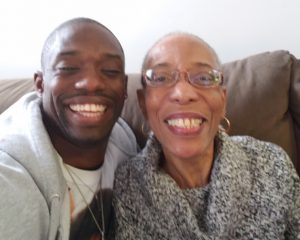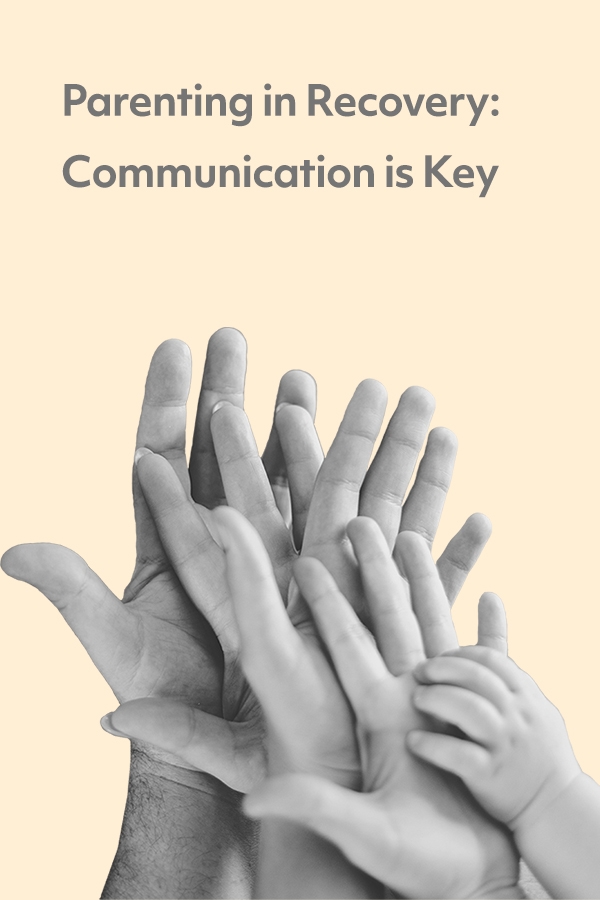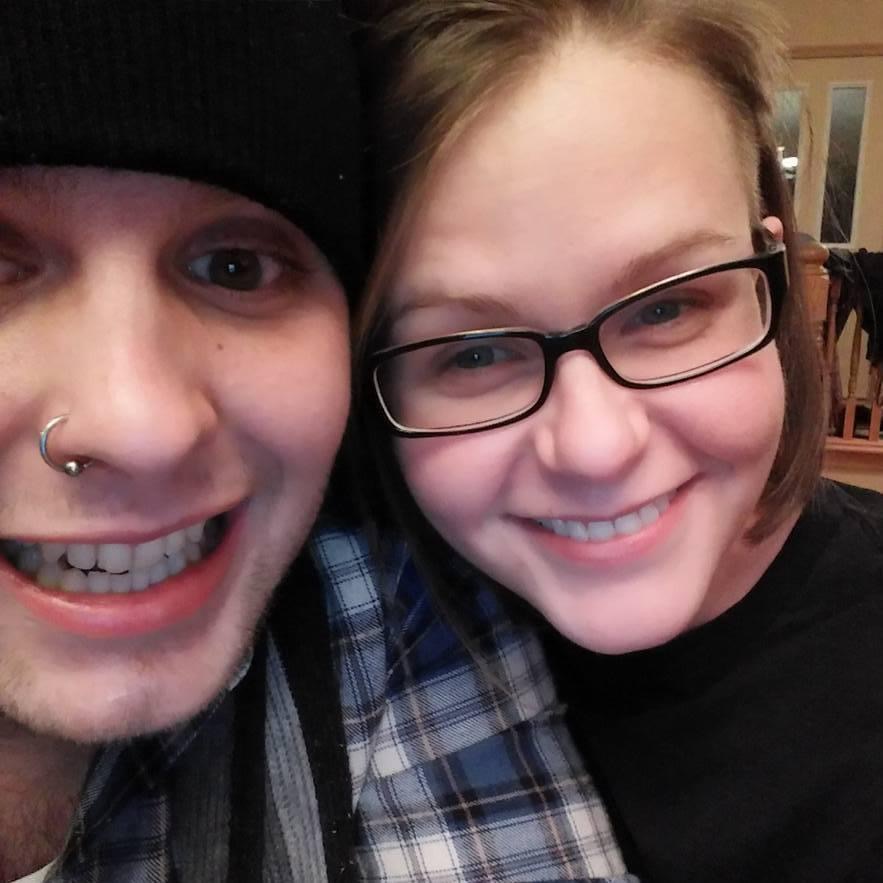Normalizing mental health discussions with our children is the way forward to combat the stigma of substance use and mental illness.
I’ve lived multiple perspectives on recovery. I’ve been the child of a single mother in recovery, a man in recovery myself, and the parent of an adult in recovery. These experiences have opened my mind dramatically. I’ve also traveled the country addressing thousands of people in treatment centers, which has provided even more points of view. Through all of this, one thing I’ve realized is that communication is often lacking once the parental figure has entered recovery.
Society likes to sweep substance abuse and mental illness under the rug
As a child, I attended family day at the rehab where my mother was a patient. She encouraged me to join Alateen, attend meetings, and learn all about the program. But while I got an in-depth view of that particular aspect, we never actually spoke about her mental illness. I just knew my mother did not drink like the other parents, and she attended these things called AA meetings. My mother has spoken at length about how she wished we had talked more in-depth about her mental illness. She felt it was better to protect me from that part of her so I could enjoy my childhood. How do you tell a child his mother has a severe mental illness? This is a decision millions of parents are faced with each day in treatment centers.
We live in a society where stigma outweighs education. If a child openly stated that his mother had a severe mental illness, that would take the air out of the room. That culture of silence is a major problem. I often hear, “Growing up, I knew my parent had a mental illness; however, we also knew it was not up for discussion.” I’ve heard the same things in California, Pennsylvania, and Cape Cod. Our society is filled with mental illness, whether we speak about it or not.
Calling for a new plan of action
The only way t
When I brought this up to colleagues, they immediately said, “Who is paying for that?” I reminded them that America’s problem has never really been funding, but how it chooses to allocate those funds. Treatment centers have become a profit-over-people industry, and children are paying the price. Funds are not being dispersed to the correct places, and patients are becoming cogs in a billion-dollar industry.
My relationship with my mother is currently the best it has ever been. Our connection suffered in the past because it took me until the age of 38 to realize she has a severe mental illness. I had to research, seek support, and talk with her about the illness. We have in-depth conversations about her behaviors and my reactions to her illness. I had to learn not to take anything personally and realize she has a chemical imbalance. I want to translate this kind of greater understanding and positive communication into a policy for our youth. What do we have to lose?
Let’s start in our own homes
Our home has a medicine cabinet filled with psychiatric medication. My first granddaughter will grow up in a family where mental health discussions are regular. We will not hide our mental health recovery. I do not want any more children to wonder why Mommy sleeps all the time or why Daddy continues to go away to mental hospitals. No child should walk around in shame of their parent. America, let’s make it normal to discuss mental health with our kids. After all, we have no problem normalizing discussions about the most trivial and unhealthy things of life. Help the next generation to view mental illness as a way of life rather than as a stain on their character. As Frederick Douglass said, “It is easier to build strong children than to repair broken men.”









